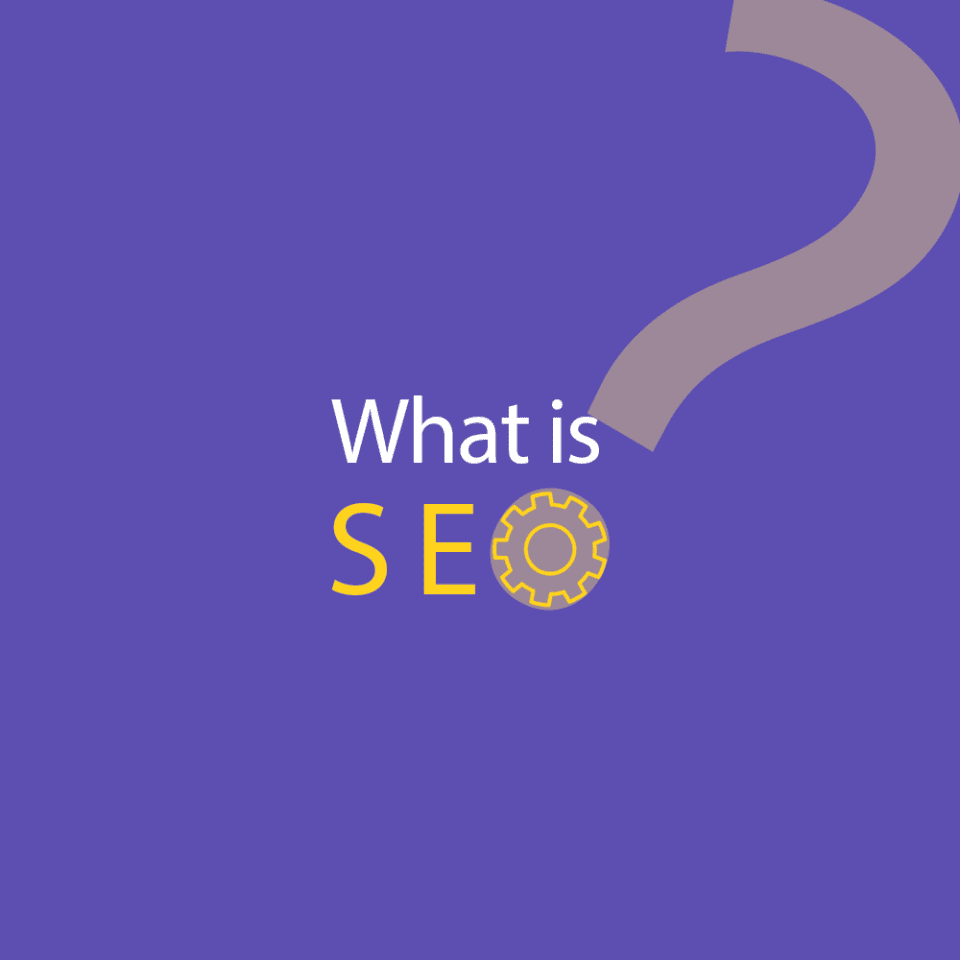What is SEO? Learn the basics of Search Engine Optimization and discover how it can transform your online presence.
Search Engine Optimization, or SEO, is a term that’s often thrown around in the digital marketing world, yet it remains a mystery to many. In a landscape where online presence can make or break a business, understanding SEO is crucial. This comprehensive guide aims to demystify SEO, explaining its basics, its importance, and how you can leverage it to boost your online visibility.
What is SEO?
Search Engine Optimization (SEO) is the practice of enhancing a website’s visibility on search engines like Google, Bing, and Yahoo. By optimizing both the content and structure of a website, SEO helps it rank higher in search engine results pages (SERPs), leading to increased organic traffic.SEO isn’t just about stuffing keywords into your content. It’s a multifaceted strategy that involves technical adjustments, content creation, and acquiring backlinks from reputable sources. The ultimate goal is to make your website more attractive to search engines, thereby increasing its chances of appearing at the top of search results.
The Importance of SEO
Why is SEO so important? In today’s digital age, most consumers turn to search engines to find products, services, and information. If your website isn’t optimized for search engines, you’re missing out on a significant amount of potential traffic and revenue.SEO helps businesses in several ways:
- Increased Visibility: Higher rankings lead to more visibility and, consequently, more traffic.
- Credibility and Trust: Websites that appear at the top of search results are often perceived as more credible and trustworthy.
- Cost-Effectiveness: Unlike paid advertising, organic traffic from SEO is free, making it a cost-effective marketing strategy.
- Long-Term Results: SEO provides long-lasting results compared to other marketing techniques that may offer short-term gains.
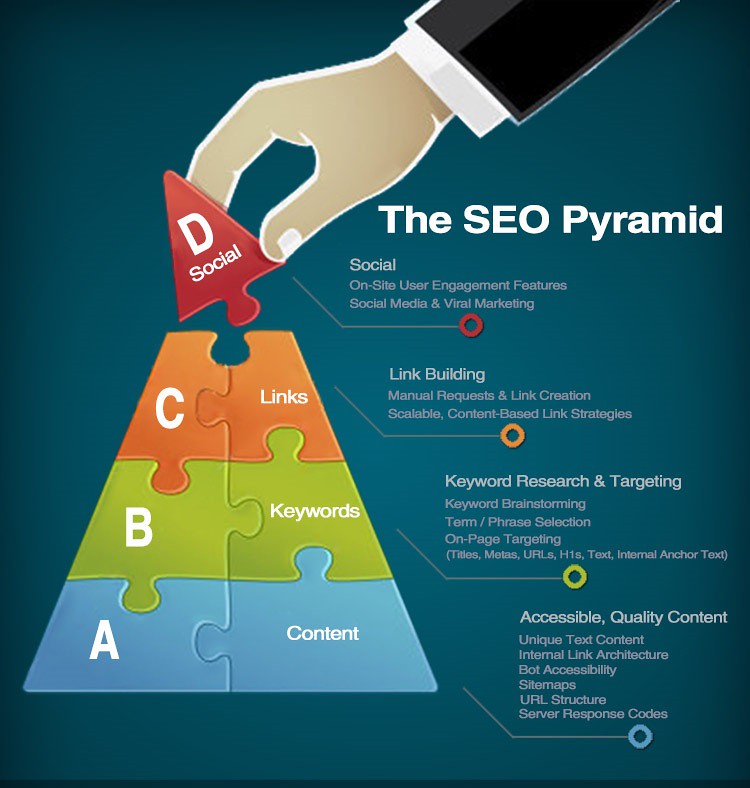
How Search Engines Work
Understanding how search engines work is fundamental to mastering SEO. Search engines use complex algorithms to crawl, index, and rank web pages. Here’s a simplified breakdown of the process:
- Crawling: Search engines use bots, also known as spiders or crawlers, to scour the internet for new and updated content. These bots navigate through web pages by following links.
- Indexing: Once a page is crawled, it’s stored in a vast database called the index. This index is like a giant library where all the web pages are cataloged.
- Ranking: When a user enters a query, the search engine’s algorithm sorts through the index to find the most relevant results. These results are then ranked based on various factors such as keyword relevance, site quality, and user experience.
Basics of SEO
The basics of SEO involve several key components that work together to improve a website’s search engine ranking. Here are some fundamental aspects:
- Keywords: Keywords are the terms and phrases that users enter into search engines. Identifying the right keywords is crucial for targeting your audience effectively.
- Content: High-quality, relevant content is essential for SEO. Search engines prioritize content that provides value to users.
- Meta Tags: Meta tags like title tags and meta descriptions help search engines understand the content of your page.
- Headings: Proper use of headings (H1, H2, etc.) helps structure your content and makes it easier for both users and search engines to read.
- URLs: Clean, descriptive URLs that include keywords can improve your SEO.
- Internal Links: Linking to other pages on your site helps search engines understand the structure of your website and improves navigation for users.
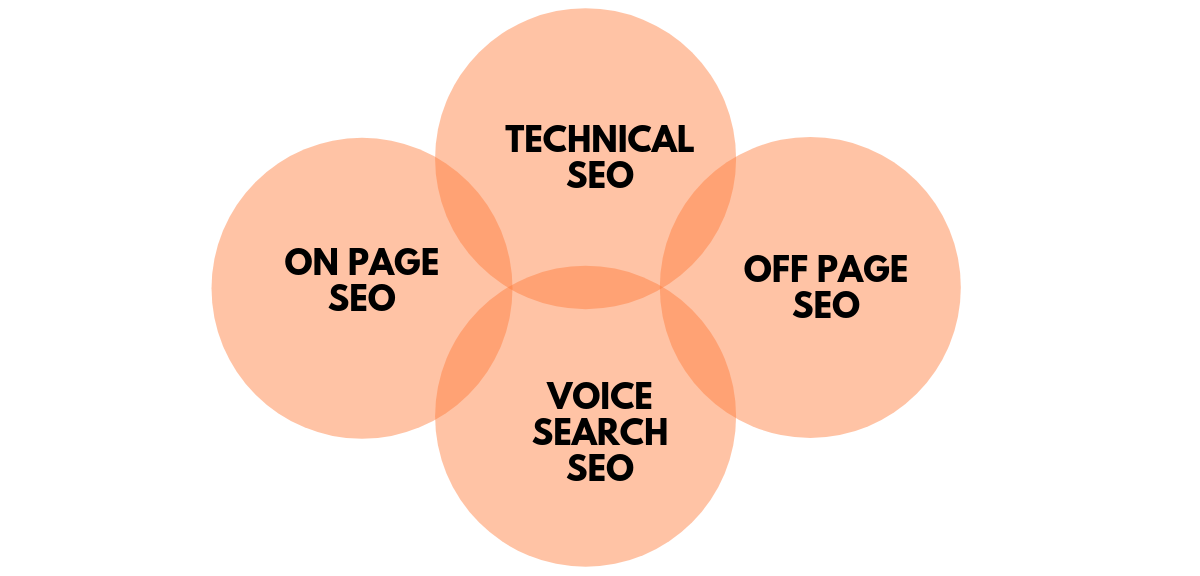
On-Page SEO
On-page SEO refers to the optimization of individual web pages to rank higher and earn more relevant traffic. It involves both the content and the HTML source code of a page. Key elements of on-page SEO include:
- Title Tags: The title tag is an HTML element that specifies the title of a web page. It’s an important ranking factor and should include the target keyword.
- Meta Descriptions: These are short descriptions that summarize the content of a page. They appear under the title tag in search results and can influence click-through rates.
- Headings: Using proper headings (H1, H2, etc.) helps organize content and makes it more accessible to readers.
- Content Quality: High-quality content that provides value to users is crucial. It should be well-written, informative, and relevant to the target audience.
- Image Optimization: Images should be optimized with descriptive alt text and appropriate file names to improve SEO.
Off-Page SEO
Off-page SEO refers to actions taken outside of your own website to impact your rankings within search engine results pages. This primarily involves building backlinks from other reputable websites. Key elements of off-page SEO include:
- Backlinks: Backlinks are links from other websites to your own. They act as endorsements and can significantly improve your site’s authority and ranking.
- Social Media: While not a direct ranking factor, social media can drive traffic to your site and increase its visibility.
- Guest Blogging: Writing articles for other websites can help you build backlinks and reach a wider audience.
- Influencer Outreach: Collaborating with influencers can help you gain exposure and build valuable backlinks.
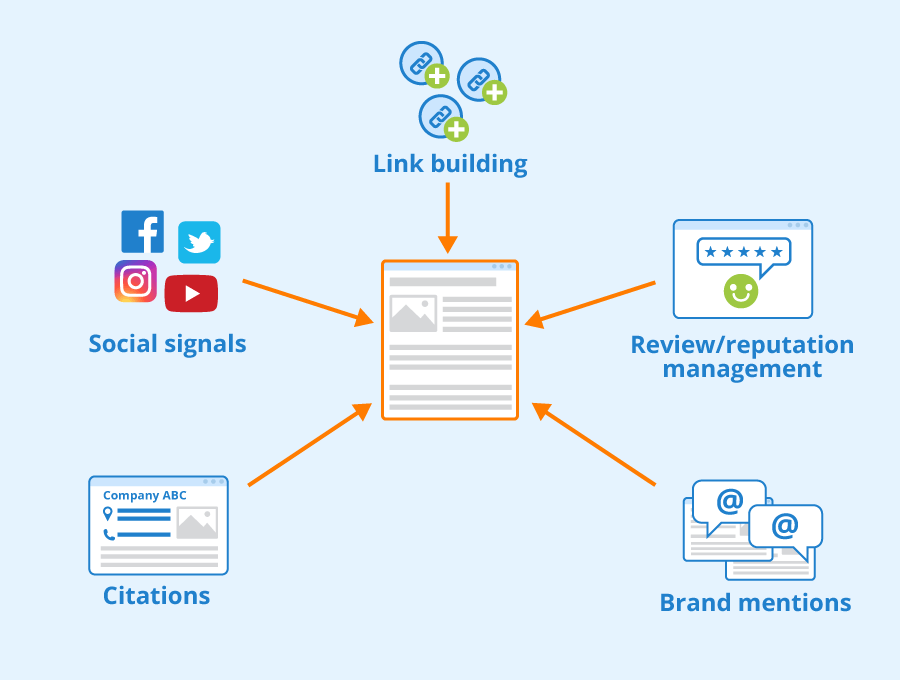
Technical SEO
Technical SEO involves optimizing the technical aspects of your website to improve its crawlability and indexability by search engines. Key elements of technical SEO include:
- Site Speed: A fast-loading website provides a better user experience and can improve rankings.
- Mobile-Friendliness: With the increasing use of mobile devices, having a mobile-friendly website is essential for SEO.
- XML Sitemaps: An XML sitemap helps search engines understand the structure of your website and find all its pages.
- Robots.txt: This file tells search engines which pages they can and cannot crawl.
- Secure Sockets Layer (SSL): Having an SSL certificate ensures your website is secure, which can improve rankings.

Keyword Research
Keyword research is the process of identifying the terms and phrases your target audience is searching for. It’s a critical step in developing an effective SEO strategy. Here’s how to conduct keyword research:
- Identify Seed Keywords: Start with broad terms related to your industry or niche.
- Use Keyword Tools: Tools like Google Keyword Planner, Ahrefs, and SEMrush can help you find related keywords and assess their search volume and competition.
- Analyze Competitors: Look at the keywords your competitors are targeting to find opportunities.
- Long-Tail Keywords: Focus on long-tail keywords (phrases with three or more words) as they are often less competitive and more specific.

Content Optimization
Content optimization involves making your content more attractive to both search engines and users. Here are some tips for optimizing your content:
- Use Keywords: Incorporate your target keywords naturally throughout your content, including in headings and subheadings.
- Quality Content: Ensure your content is well-written, informative, and provides value to your audience.
- Engaging Format: Use bullet points, images, and videos to make your content more engaging and easier to read.
- Internal Links: Link to other relevant pages on your site to improve navigation and keep users on your site longer.
- Update Regularly: Keep your content up-to-date to maintain its relevance and accuracy.

Link Building
Link building is the process of acquiring hyperlinks from other websites to your own. It’s a crucial aspect of off-page SEO. Here are some strategies for effective link building:
- Content Marketing: Create high-quality content that others will want to link to.
- Guest Blogging: Write articles for other websites and include links back to your own site.
- Broken Link Building: Find broken links on other sites and offer your content as a replacement.
- Skyscraper Technique: Find popular content in your niche and create something even better, then reach out to those who linked to the original content.
- Networking: Build relationships with other website owners and influencers in your industry.

Local SEO
Local SEO focuses on optimizing a website to be found in local search results. It’s essential for businesses that serve a specific geographic area. Key elements of local SEO include:
- Google My Business: Create and optimize a Google My Business profile to appear in local search results and on Google Maps.
- Local Keywords: Use keywords that include your location (e.g., “SEO services in New York”).
- NAP Consistency: Ensure your business name, address, and phone number (NAP) are consistent across all online directories and your website.
- Local Reviews: Encourage customers to leave positive reviews on Google and other review sites.
- Local Content: Create content that is relevant to your local audience.
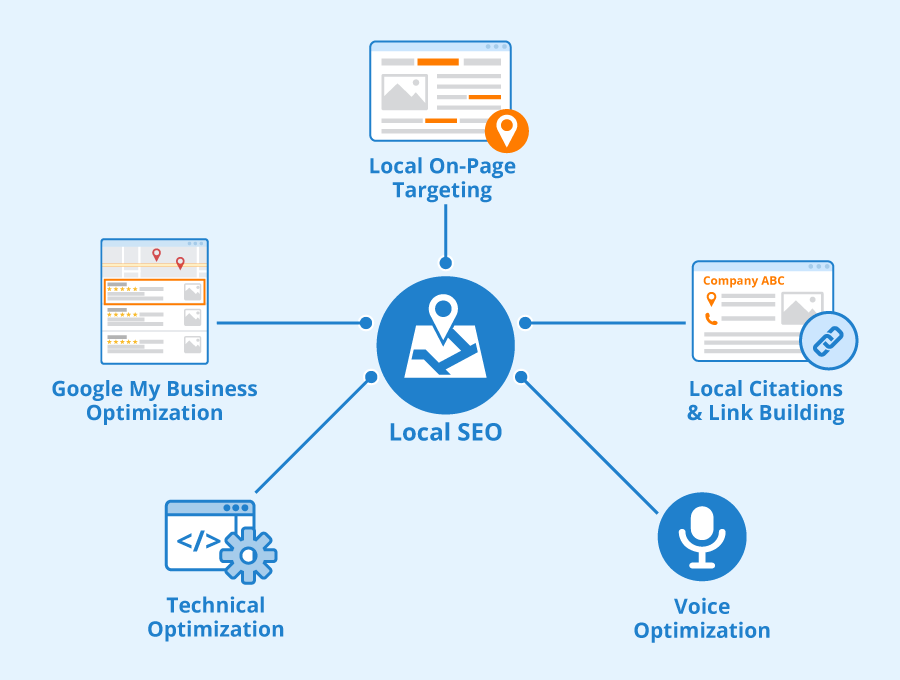
Mobile SEO
With the proliferation of mobile devices, optimizing for mobile SEO has become a necessity. Mobile SEO ensures that your website provides a seamless user experience on mobile devices, which is crucial for maintaining high rankings on search engines. Here’s how you can enhance your mobile SEO:
- Responsive Design: Implement a responsive design that adjusts your site’s layout based on the device’s screen size.
- Mobile-Friendly Content: Simplify content for smaller screens. Use shorter paragraphs and larger fonts.
- Page Speed: Optimize images, leverage browser caching, and minimize code to ensure fast loading times on mobile devices.
- AMP (Accelerated Mobile Pages): Consider using AMP to create fast-loading mobile pages.
- Mobile Usability: Ensure that buttons and links are easily clickable and that the navigation is user-friendly.
SEO Tools and Resources
Numerous tools and resources can aid in your SEO efforts. Here are some essential ones:
- Google Analytics: Tracks and reports website traffic, helping you analyze user behavior.
- Google Search Console: Provides insights into your site’s performance in search results and identifies issues.
- Ahrefs: An all-in-one SEO toolset for keyword research, backlink analysis, and more.
- SEMrush: Offers keyword research, site audits, and competitive analysis.
- Moz: Provides tools for keyword research, link building, and on-page optimization.
- Yoast SEO: A popular WordPress plugin that helps optimize your site’s on-page SEO.
Measuring SEO Success
Measuring the success of your SEO efforts is crucial for understanding what works and what doesn’t. Key metrics to track include:
- Organic Traffic: The number of visitors arriving at your site through search engines.
- Keyword Rankings: The positions of your target keywords in search engine results.
- Bounce Rate: The percentage of visitors who leave your site after viewing only one page.
- Conversion Rate: The percentage of visitors who complete a desired action, such as making a purchase or filling out a form.
- Backlinks: The number and quality of backlinks pointing to your site.
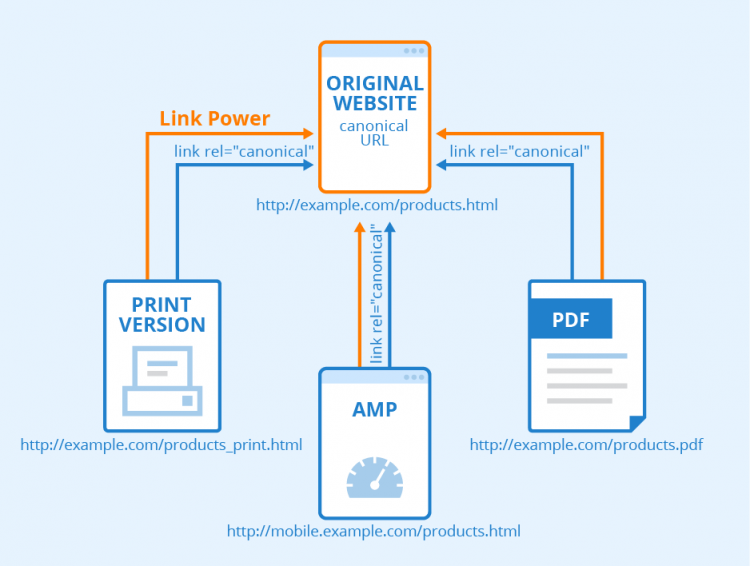
Common SEO Mistakes to Avoid
Avoiding common SEO mistakes can save you time and effort. Here are some pitfalls to watch out for:
- Keyword Stuffing: Overloading your content with keywords can lead to penalties.
- Duplicate Content: Having identical content on multiple pages can harm your rankings.
- Ignoring Mobile Optimization: Neglecting mobile users can result in a poor user experience and lower rankings.
- Slow Page Speed: A slow-loading website can frustrate users and hurt your SEO.
- Poor Quality Backlinks: Acquiring backlinks from low-quality or irrelevant sites can do more harm than good.
Advanced SEO Techniques
Once you’ve mastered the basics, you can explore advanced SEO techniques to further improve your rankings:
- Schema Markup: Adding structured data to your site helps search engines understand your content better.
- Content Clusters: Organize your content into clusters around a central topic to improve relevance and authority.
- Voice Search Optimization: Optimize for voice search by targeting long-tail keywords and natural language queries.
- Video SEO: Optimize your videos with descriptive titles, tags, and transcripts to improve their visibility.
- A/B Testing: Test different elements of your site, such as headlines and calls to action, to see what performs best.
The Future of SEO
SEO is constantly evolving, and staying ahead of the curve is essential for long-term success. Here are some trends to watch:
- Artificial Intelligence: AI and machine learning are becoming more integral to search engine algorithms.
- Voice Search: With the rise of smart speakers, optimizing for voice search is becoming increasingly important.
- User Experience: Search engines are placing more emphasis on user experience, including page speed and mobile-friendliness.
- Visual Search: Technologies like Google Lens are making visual search more prevalent.
- E-A-T: Expertise, Authoritativeness, and Trustworthiness (E-A-T) are becoming critical factors in search engine rankings.
FAQs
What is SEO?
SEO stands for Search Engine Optimization, which is the practice of optimizing a website to increase its visibility in search engine results pages, thereby driving more organic traffic.
Why is SEO important?
SEO is important because it improves your website’s visibility, credibility, and traffic, leading to higher potential for conversions and revenue.
How do search engines rank websites?
Search engines rank websites based on various factors, including keyword relevance, site quality, user experience, and the number and quality of backlinks.
What are keywords in SEO?
Keywords are specific words or phrases that users enter into search engines to find information. They are crucial for targeting your audience and improving your search engine rankings.
What is on-page SEO?
On-page SEO involves optimizing individual web pages to rank higher and earn more relevant traffic. It includes elements like title tags, meta descriptions, headings, and content quality.
What is off-page SEO?
Off-page SEO refers to actions taken outside of your website to impact your rankings. This primarily involves building backlinks from other reputable websites.
Conclusion
Understanding what SEO is and mastering its basics is essential for anyone looking to improve their online presence. From keyword research and content optimization to link building and technical SEO, each component plays a vital role in enhancing your website’s visibility and credibility.By staying updated with the latest trends and avoiding common pitfalls, you can develop an effective SEO strategy that drives long-term success. Remember, SEO is not a one-time effort but an ongoing process that requires continuous monitoring and adjustment. Whether you’re a business owner, a marketer, or a blogger, investing in SEO can yield significant returns, helping you reach a wider audience and achieve your goals. So, start optimizing your website today and unlock the full potential of search engine optimization.
Comment Policy: We truly value your comments and appreciate the time you take to share your thoughts and feedback with us. Note: Comments that are identified as spam or purely promotional will be removed. To enhance your commenting experience, consider creating a Gravatar account. By adding an avatar and using the same Email here, your comments will feature a unique and recognizable avatar, making it easier for other members to identify you. Please use a valid email address so you can receive notifications when your comments receive replies.
